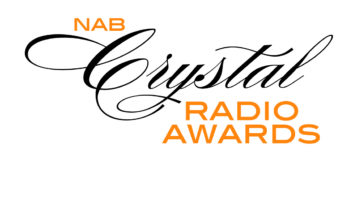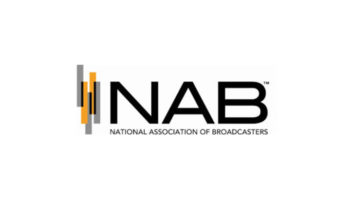The National Association of Broadcasters is trying a fresh tactic in hopes of blocking the FCC’s new foreign ownership identification requirements. It is asking for help from the government’s Office of Management and Budget.
Recall that last June, the FCC’s Democratic majority modified the sponsorship identification requirements for foreign government-provided programming. It did so after a federal appeals court in 2022 rejected an earlier version of the initiative.
Now broadcasters must inquire whether programming is paid for or furnished by a foreign government. They must complete a written certification, uploaded to a station’s public inspection file, and make a public disclosure identifying a foreign source of programming. Portions of the rules took effect last summer.
The NAB subsequently asked a federal appeals court to set aside the rule change, calling it an overreach that places an unnecessary burden on broadcasters. The court has not issued an opinion yet.
Whether the new Republican-led FCC will alter the outcome remains to be seen. But meanwhile the NAB is trying another channel.
The association last week appealed to the OMB to strike down the rules. NAB is arguing that they violate the Paperwork Reduction Act (PRA), the Administrative Procedure Act (APA) and the First Amendment.
The FCC intends its rule now to cover issue-related ads and paid public service announcements, but implementation of that is pending OMB’s review. The OMB must determine whether the FCC’s approach is necessary for the proper performance of the functions of the commission, including whether the information has any practical utility. It also seeks to determine the accuracy of the commission’s estimate of the burden it will cause broadcasters.
The NAB told the OMB that the requirement for collecting information does not comport with the Paperwork Reduction Act and also violates the Communications Act of 1934.
“The commission continues to underestimate both the number of respondents and responses and the burdens of compliance, especially in light of the last-minute dramatic expansion of the scope of its rules,” the NAB said in its comments.
“The commission also has not demonstrated the need for or practical utility of the information collections and has not demonstrated that it considered ways to minimize burdens on the respondents.”
NAB says OMB should not approve the changes or at the very least should require the commission to gather more data and develop more accurate estimates.
NAB also said the FCC lacks authority to impose corroboration requirements on lessees, via certifications or documentation of their status.
The FCC made the changes because of concerns about the influence of Russian, Chinese and foreign government disinformation on recent U.S. elections, among other things. Then-Chairwoman Jessica Rosenworcel said last summer that “the principle that the public has a right to know the identity of those who use the public airwaves is a long-standing tenet of broadcasting.”
The FCC vote last summer was along party lines with the two Republican members, including now-Chairman Brendan Carr, dissenting. Carr objected that the commission had changed the definition of leasing and subjected previously excluded non-candidate political advertising and paid PSAs to the foreign governmental-sponsor identification requirements.
Cox Media, Audacy and Beasley Media Group were among broadcast groups that expressed opposition to the change during the earlier comment period.







